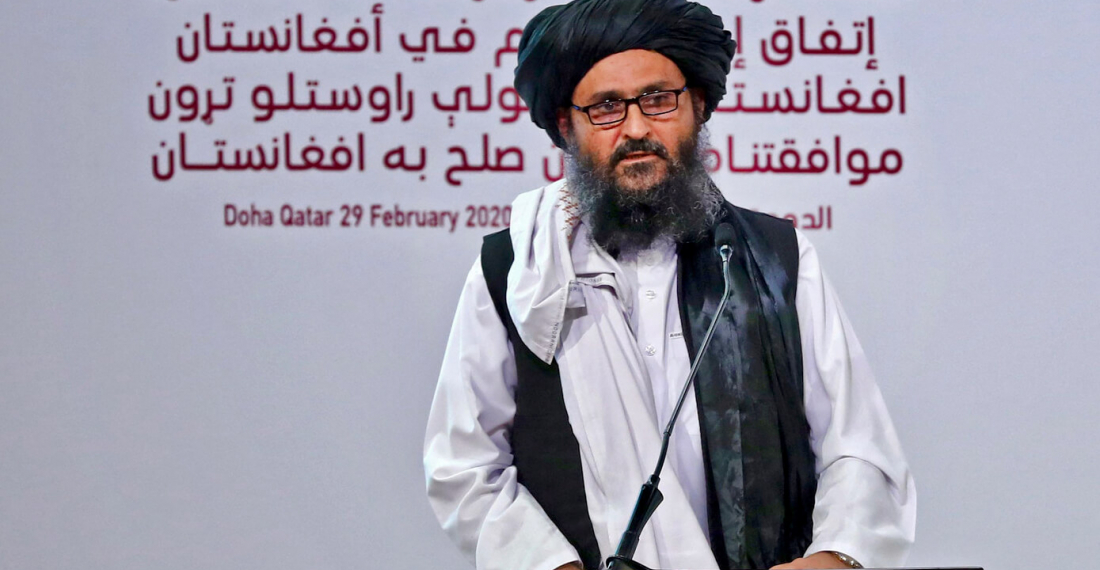After conquering the Afghan capital Kabul, the Taliban are now looking as to how they will impose their style of government in the country. International news agencies report from sources within the hardline movement that one of the Taliban's founders, Mullah Abdul Ghani Baradar, has been named as Afghanistan's new head of government. The composition of the government is expected be presented shortly.
A son of Taliban co-founder, Mullah Mohammed Omar, is also expected to have a senior position in the new government.
Taliban leaders met in Kabul to agree on the formation of the new government.
"All the top leaders have arrived in Kabul, where preparations are in final stages to announce the new government," a Taliban official told Reuters on Friday (3 September), speaking on condition of anonymity.
Baradar is considered a moderate Taliban leader within the movement. Within the Taliban, he is seen as liberal. It remains to be seen what this means in concrete terms for the Afghan population now living under the Taliban. Baradar was arrested by Pakistan in 2010 and released in 2018.
The new Afghan government will have to focus immediately on rebuilding the country. The fighting in Afghanistan has cost the lives of at least 240,000 people in recent years and the economy has collapsed. But this will require international engagement, and that comes with many conditions. This was made clear by EU foreign ministers meeting in Slovenia on Friday (3 September). The EU has indicated that it was ready to engage with the Taliban but that official recognition will depend on five conditions related to how they will proceed with the governance of the country. Over the next weeks and months both the Taliban and the international community will be testing each other's intentions and resolve.







